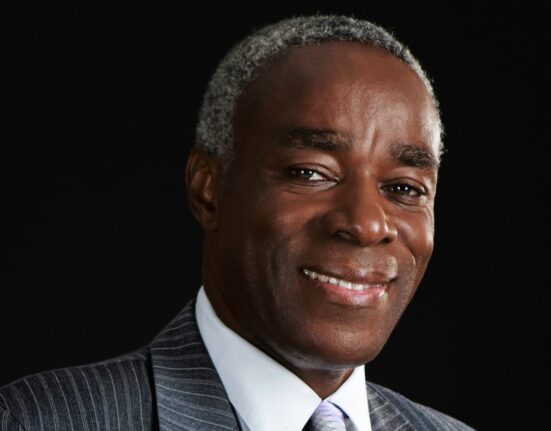Dear Readers,
What activities do you involve children and youth in that can help to develop their social and emotional competencies?
Urie Bronfenbrenner (1979) developed the ecological model of human development. He postulated that child and adolescent development is influenced by various social systems such as families, peer groups, schools, community organizations/culture, the internet etc. It is through interactions with these various social systems that children and youth form their identities, and develop lasting values and competencies.
Bronfenbrenner pointed out that interaction with the various social systems is reciprocal. This means that development doesn’t just happen to children and youth but they also influence these social systems through their choices, voices and participation in their own growth and development.
Youth workers and practitioners in schools, communities and other formal or informal groups, must ensure that deliberate efforts are made to ensure that children and youth are active participants in their own development. First and foremost, ensure that children and youth develop a sense of urgency whereby they have the requisite knowledge, skills and attitude to participate in meaningful ways. This means ensuring that children develop the social and emotional competencies needed to have a positive self-concept, emotional awareness and management skills, social skills, decision-making and problem solving skills. These skills and competencies will help to develop resilience and good decision making despite their environments/circumstances.
The second layer of youth engagement and participation is to ensure youth voice in matters of concern to them. This is one of the founding principles in the Child Care and Protection Act (2004). This can be achieved by providing opportunities for children and youth to take on responsibilities and contribute to making personal and collective decisions that affect them. For example, allowing children and youth to voice their opinions in family meetings, class meetings, club meetings, church meetings etc. Giving students roles and responsibilities at home, in class, in church, and in communities can have a positive and lasting impact on child and youth development. Providing opportunities for children and youth to join social clubs, uniformed groups, service clubs, and leadership groups such as student councils, prefect bodies, etc. can go a long way in helping them to develop the confidence and competence they need to do well in school and the wider society.
Children and youth can contribute positively at various levels of the society. As caregivers and youth development practitioners, let us ensure that we provide children and youth with the competencies, support, services and opportunities they need to thrive!
- Anisa Wilson Smith, MSc, is a Youth Development Specialist and author. She may be reached at [email protected]








